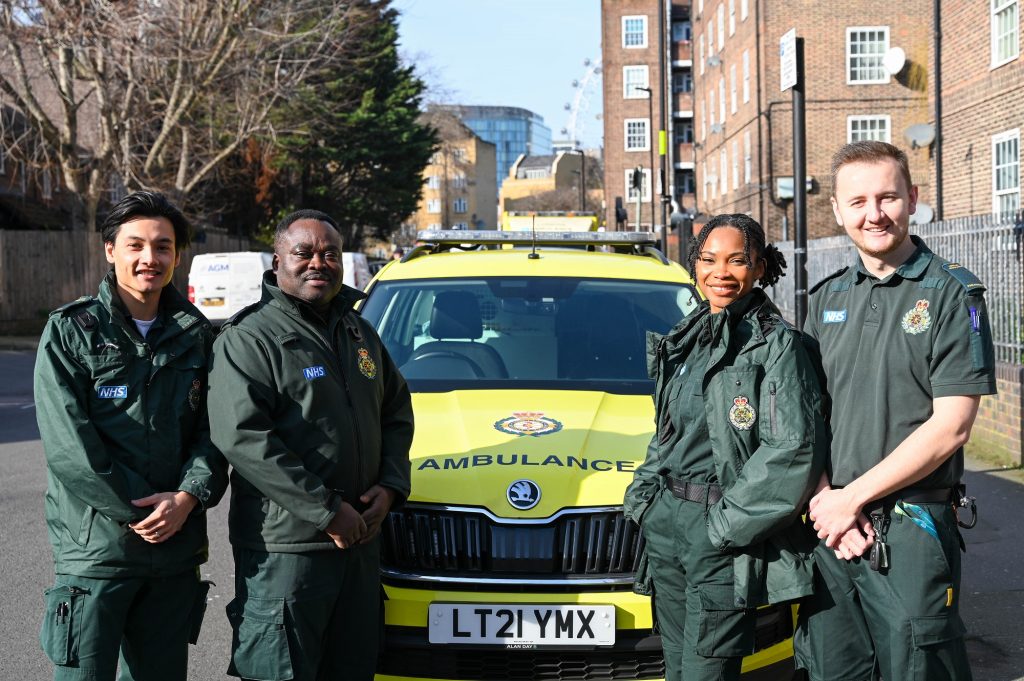Mental health care
More than two million Londoners experience poor mental health every year and our team of specially trained mental health clinicians provide expert and compassionate care to around 9,000 patients a month.

A&E is not always the right place for someone experiencing a mental health crisis, and can even be stressful or traumatising. We want to reduce the number of mental health patients we take to A&E as their needs can often be met just as, or even more, effectively in their own homes, in the community or alternative care or services.
Our Service has a team of more than 40 clinicians experienced nurses, social workers and occupational therapists. These specialist practitioners to work across London in mental health joint response cars and in the Service’s emergency control room, providing remote clinical assessment to patients with mental health issues and referral into services closer to home.
Relevant link: Our mental health team featured on BBC News (February, 2025)
Our Mental Health Joint Response car
The mental health joint response car has been an integral part of developing care for patients with mental health issues in recent years, joining a paramedic with a mental health nurse so we can treat both their physical and mental health needs, which provides a better and more rounded care approach. We were the first ambulance service in the UK to introduce an initiative of this kind.
The unit was initially launched as a single car in south east London in November 2018 and has now expanded to six response cars across London. 28,000 patients have been treated by the team since the unit expanded in February 2020 during the Covid pandemic.
Find out more about our pioneering Mental Health Joint Response Unit.

Follow us on social media: